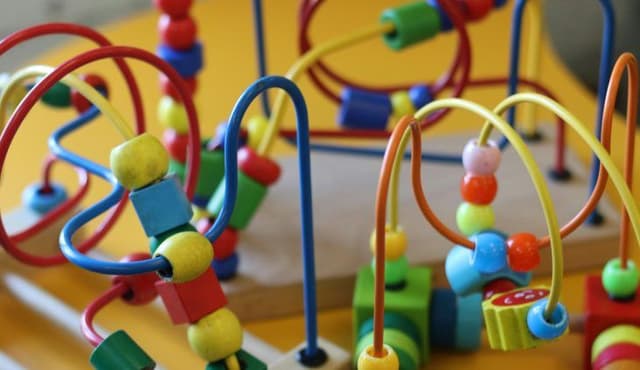Policy
IMF recommends Australia invest in ECEC to boost female workforce participation

Freya Lucas
Nov 09, 2020
Save
The International Monetary Fund (IMF) has made a recommendation that Australia invests in early childhood education and care (ECEC) spending to increase female labour force participation.
The G-20 report on Strong, Sustainable, Balanced and Inclusive Growth which was prepared by the staff at the IMF, and discusses the G-20’s progress during the past year toward the goal of strong, sustainable, balanced, and inclusive growth and provides policy recommendations to help reach this goal.One priority measure identified in the report is that, in order to boost female labour force participation, Australia must prioritise spending on ECEC.
In response, the Opposition Government have announced ‘Labor’s Cheaper Child Care plan’, which promises to:
- Scrap the $10,560 child care subsidy cap to stop women losing money from an extra day’s work;
- Lift the maximum child care subsidy rate to 90 per cent; and,
- Increase child care subsidy rates and taper them for every family earning less than $530,000.
Don’t miss a thing
Related Articles



















